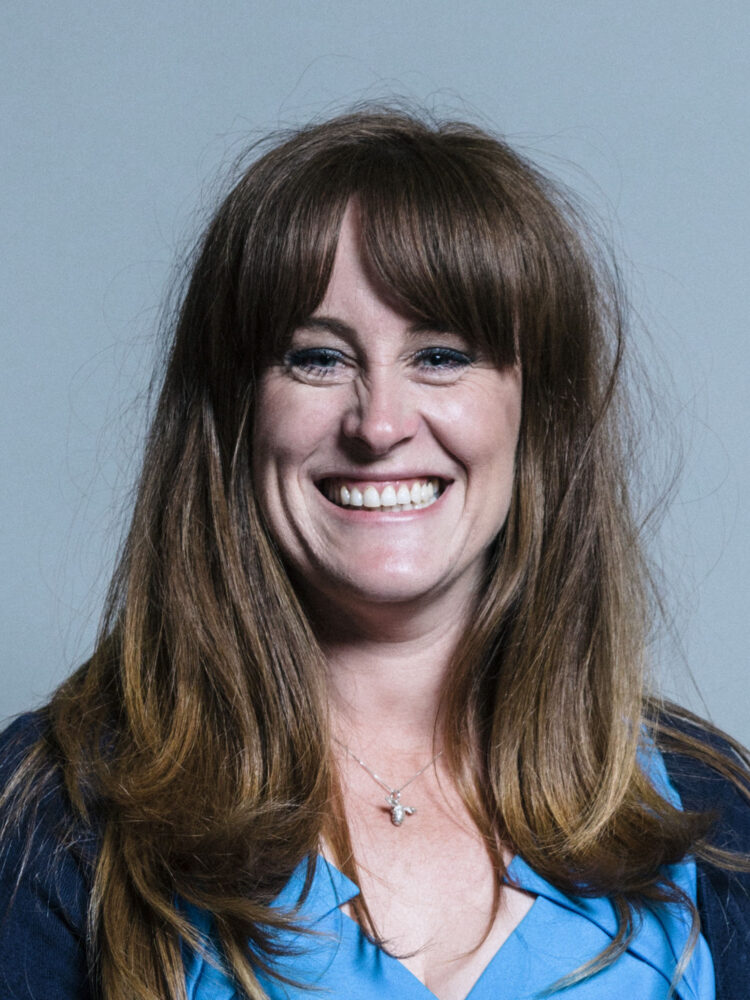By Tony O’Riley-
Rough sleepers across England are to receive extra support to help them recover from drug and alcohol misuse, Minister for Rough Sleeping and Housing, Kelly Tolhurst MP announced today.
The news comes as Labour leader, Keir Starmer, wrote a letter to the prime minister, the Labour leader urged the government to work with councils and mayors to ensure rough sleepers have access to Covid-secure winter shelter, warning that the country is at “the tip of an iceberg” of poverty and destitution after the coronavirus pandemic.
The Labour leader said Covid-19 restrictions across the UK had resulted in thousands of rough sleepers missing out on life-saving shelter this winter.
He added: “The community action we have seen during this pandemic, and the huge support for Marcus Rashford’s campaign on free school meals, has shown the empathy of the British public.
“However, we have to ask why so many people are in such need in the first place.”
Under the arrangements, 43 areas across England will receive support from a £23 million government fund designed for those with drug and alcohol support needs to get the help they need to rebuild their lives. The programme will be boosted by a further £52 million in 2021 to 2022.
Rough sleepers who are being provided with emergency accommodation during the pandemic as part of the government’s ‘Everyone In’ programme, and people who are currently rough sleeping, will be eligible for support.
In partnership with the Department of Health and Social Care, and managed by Public Health England, the funding will enable them to access drug and alcohol treatment, including detox and rehabilitation services.
This will be alongside wraparound support, such as access to mental health and substance dependence workers and peer mentors, who are key to working with vulnerable people in treatment services.
The minister has also confirmed an initial £10 million funding for 19 areas, plus the Greater London Authority, under the government’s £15 million ‘Protect Programme’. This is to provide accommodation for rough sleepers during the pandemic in areas that required extra support during the restrictions and throughout winter.
The British government said its spending on rough sleeping and homelessness this year has amounted to over £700 million, with the ‘Everyone In’ campaign helping to protect thousands of lives during the pandemic by housing rough sleepers in safe accommodation.
Minister for Rough Sleeping and Housing, Kelly Tolhurst said:
”We know that one of the main issues facing those sleeping rough, or at risk of homelessness, is misuse of drugs or alcohol and what a crippling effect these substances have on people’s lives.
While our ‘Everyone In’ campaign has helped to protect thousands of lives, we still need to work hard to break the cycle of rough sleeping for good.
This funding will provide thousands of vulnerable people with the support they need to get on the road to recovery to rebuild their lives away from the streets for good.
Health Minister Jo Churchill said:
”The need to support the most vulnerable groups in society has never been more important or more apparent than this year.
We are committed to supporting those who want to break the cycle of addiction.
This funding will not only help those personally fighting addiction, but also benefit their loved ones and the communities who suffer from the often very difficult consequences of substance misuse.
Rosanna O’Connor, Director of Drugs, Alcohol, Tobacco and Justice at Public Health England said:
Those sleeping rough with substance misuse problems can find it difficult to access services that can help them – their health continues to deteriorate and it becomes harder for them to turn their lives around.
This grant will help people who sleep rough struggling with addiction to improve their health and break this pattern and we are looking forward to seeing the positive impact this will have now and in the future”.
Steve Douglas CBE, Chief Executive of St Mungo’s said:
”Our own Knocked Back research published earlier this year shows how it has become increasingly difficult for people sleeping rough to access the substance misuse services they need. We also found that drug overdoses were one of the main causes of death of people who do sleep rough.
We are pleased that the government is targeting funding to tackle this urgent issue alongside other efforts to reduce the number of people sleeping on the streets.
This year we have seen what is possible when a coordinated multi-agency approach to providing support is taken. And we at St Mungo’s will continue to work with national and local government, and our local partners, to build on these successes and enable as many people as possible to get the help and support they need to recover from homelessness”.




